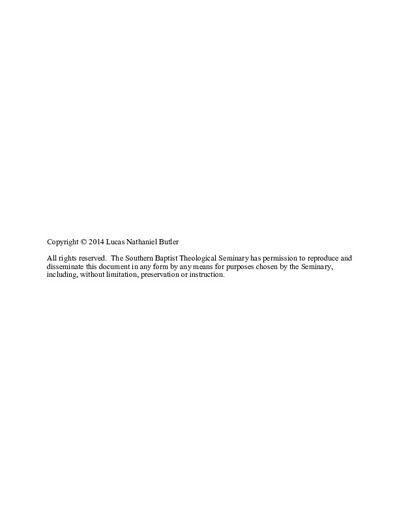"Trusting the Faithful and Discreet Slave: A Critique of the Authority of the Jehovah's Witnesses"
Abstract
Jehovah's Witnesses claim to be the sole advocates for God's truth at this point in redemptive history. Basing this belief on their interpretation of Matthew 24:45-47 and Luke 12:42-45, the Watchtower Society proclaims that their organization is led by "the faithful and discreet slave" (FDS) of the end times. This FDS is the Governing Body of the Society, which has been charged with the responsibility of providing spiritual food for Jehovah's people. According to the Witnesses, to discount the message of the FDS is to ignore the voice of God.
History reveals that the identity and the message of the FDS have changed since the conception of the Watchtower organization. The movement's founder, Charles Taze Russell, was first known as the FDS of Matthew 24 but lost the title after his death when the new leader of the group shifted the identity away from an individualistic understanding to a corporate one. After proclaiming for the bulk of the organization's history that the 144,000 anointed Witnesses were the FDS, the Society recently changed their understanding of this end times' servant in 2012. Currently, the FDS is only the anointed Witness men that are serving on the Governing Body of the Society. This progressive shift in the organization's understanding of the FDS and the eventual disappearance of these anointed Witnesses continues to necessitate theological realignments, which in turn lays the apologetic groundwork for evangelism to the Jehovah's Witnesses.
As redemptive history continues to unfold, the Watchtower Society will be forced to clarify or reinterpret many of their foundational teachings. Such reinvention further opens the apologetic door for evangelism among disillusioned Witnesses. When the Watchtower organization again searches to recast their leadership along with their message, authentic Christians must be ready and seeking to direct Witnesses to the unchanging message of the gospel.

